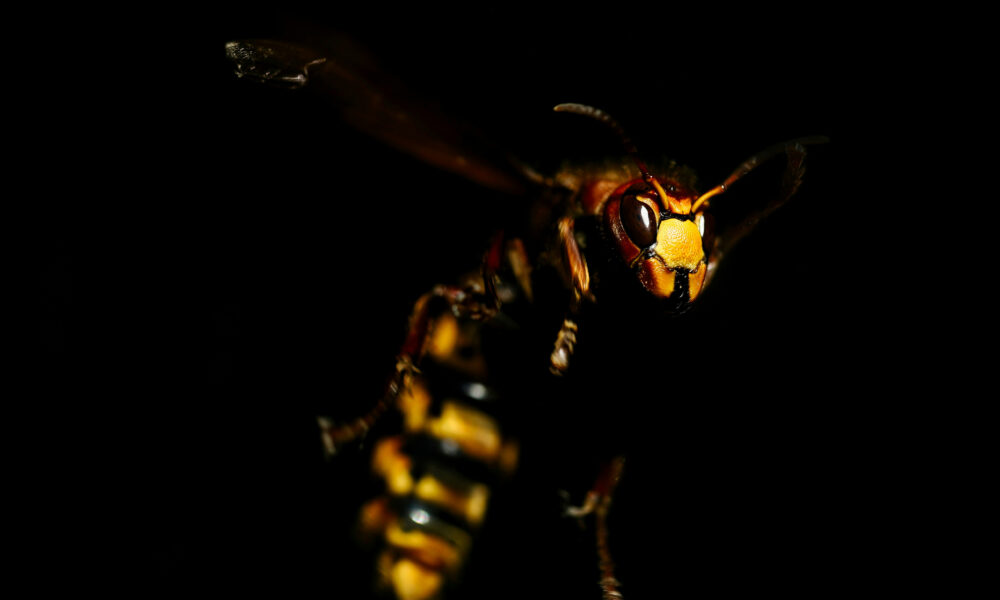Microaggressions are like a bee sting. You can always recover from the sting, but the memory of the pain lasts forever. Microaggressions are the tiny pricks that slowly erode your self-esteem. And, because society deems acts of casual racism acceptable, these pricks persist. People believe it is fine to touch a Black woman’s hair—a profoundly complex and hard-to-comprehend aspect of our identities that narrates our individuality. These metaphorical bee stings etch the memory of the pain that we carry. It is in those moments of anguish that I find the answer to the question: “Why do Black women carry so much anger?”
It was November 2022, the middle of the rush hour commute on the Montreal metro. Exiting at Atwater for an early class, I felt it—the unfamiliar, yet subtle tug at the end of my head that pulled me back ever so slightly. Though I never lowered the volume, the melody in my earbuds stopped. I unconsciously drowned out the music as my head swiveled around and laid eyes on a stranger weaving her fingers through my braids. I felt confused in that moment, but that reaction disguised what truly resided deep down: My anger at this violation of my identity and safety.
I still remember the sting of that moment like it was yesterday. The metro zooming past every five minutes would make the chorus of shuffling footsteps and swishing coats grow louder and softer as more people went about their daily commute. Yet, as the stranger continued to grasp my hair like a lifeline, I could only stare silently, like a statue struck by Medusa.
Rage overtook me and started to bubble up to the surface as she wielded my strands of braids. Yet the only protest I could muster was a soft-spoken “Why are you touching me?” in French. At that moment, I only saw red, but my filtered response was the only communication I could use as I did not want the narrative of the “Angry Black Woman” to come to fruition. This harmful stereotype characterizes Black women as being overly aggressive, angry, and difficult to deal with without provocation. Though cultural institutions and the media stylize and dramatize this narrative, it is intentionally perpetuated to control and undermine Black women’s expressions of valid emotions. So, I refrained from voicing my genuine reaction, afraid that the consequences of that negative image would hurt more than the subtle act of grabbing my hair.
Each time someone reaches for a Black woman’s hair, it singles all of us out, emphasizing the dissimilarity between us and the majority. The deliberate act of grabbing our hair reinforces the notion that we are somehow the other. It induces a sense of unworthiness compared to women without hair like ours who receive the respect we yearn for and demand. Envision growing up understanding that you could never fit into the imaginary box created for you. A box defined by society’s narrowed standards and expectations that were never intended for Black people, let alone Black women. While you hold this idea deep down, whenever these microaggressions occur, they serve as a poignant reminder that, no matter how hard you try, you may never adhere to the norm.
Nobody wants to feel like an outlier, like the last kid picked in gym class, the emotional toll these experiences take makes us feel like we will never even be a part of the team. It’s akin to swatting away a persistent bee, only for it to return with greater force, each sting fueling the emergence of the anger that is associated with the “Angry Black Woman” stereotype—a stereotype that is unfairly thrust upon us, exacerbating the emotion it falsely claims is intrinsic, rather than justified.
Society has stung us so many times as Black women that sometimes the only way to articulate the excruciating nature of the situation is through anger—an emotion that deserves acceptance and not dismissal. We have every right to be angry when our boundaries are disrespected. Black women, like everyone else, deserve respect, and persistently grabbing our hair—our crown, a pivotal piece of our identity—without consent demonstrates a lack of regard, and rather, pure objectification. Appreciate our hair, and acknowledge its uniqueness or styling, but please do not touch it, for the bee’s sting may heal but the mark it leaves lasts forever.









